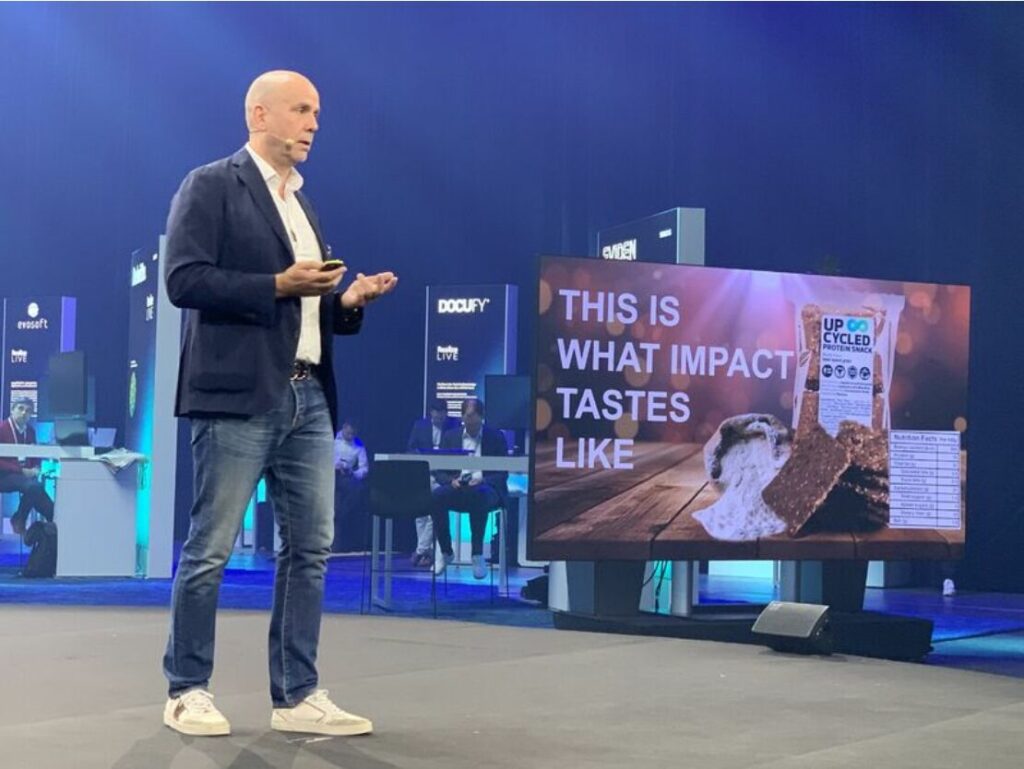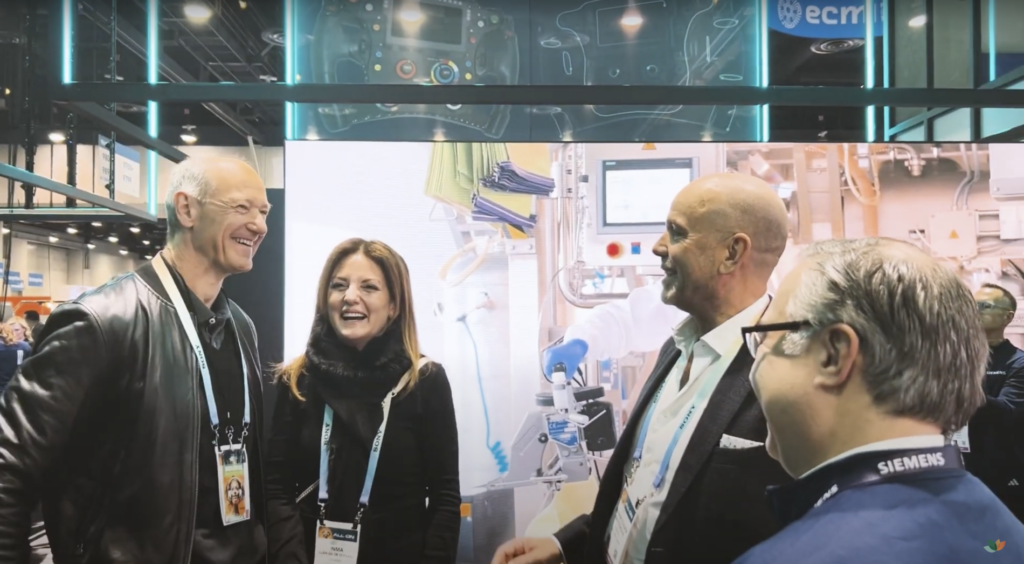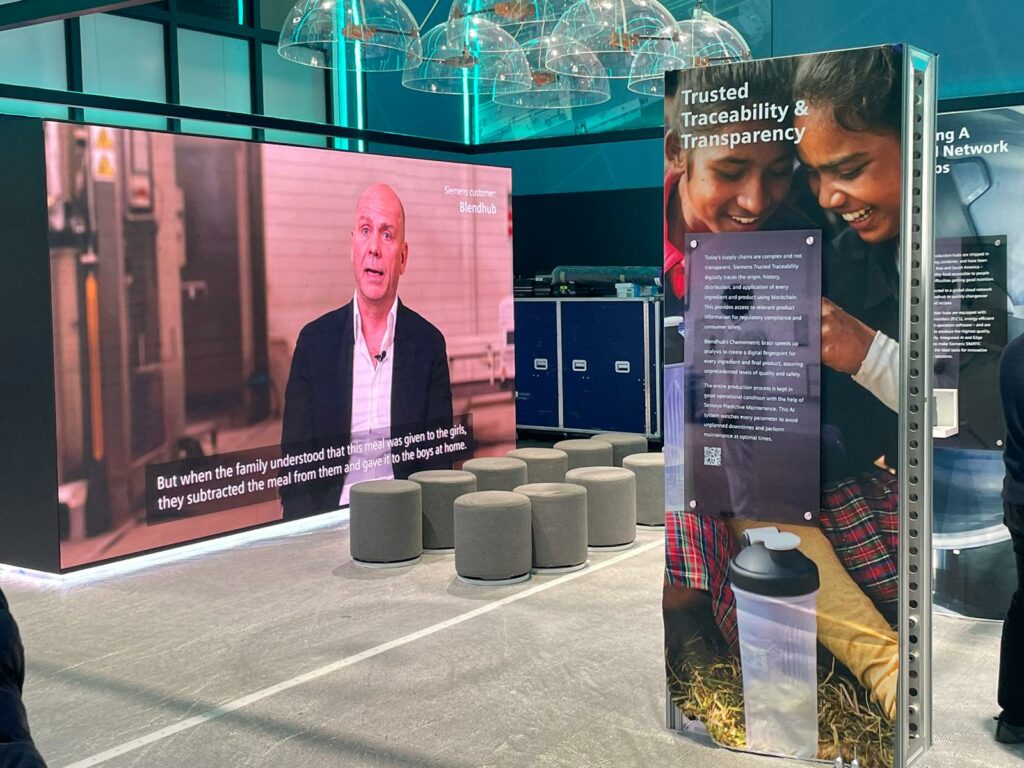In the video below, Vijay Govindarajan, professor of International Business at the Tuck School of Business at Dartmout, talks about Reverse Innovation. The term referrers to an innovation that is used first in the developing world rather than in the industrialized one.
In the video, he explains how a real collaboration or interaction between rich and poor countries can provide the world with better innovations. As it happens with Open Innovation and companies, Reverse Innovation shows the need of partnership, collaboration and sharing knowledge. Likewise, the need to take advantage of diversity to develop new ideas, products or concepts.
Govindarajan points out that it is necessary to change the dominant logic for innovation. We need to look at the developing countries as markets with their own needs. He explains that many companies in industrialized countries try to adapt their innovation to poor countries. Instead, they have to wonder: What are the problems in poor countries? What is the strategy for those markets? And how can we use our global capabilities to engage in fundamental innovation?
Also, he speaks of changing the paradigm “value for money” for the paradigm “value for many”. He indicates that companies in rich countries try to innovate by spending more money. On the contrary, companies in poor countries try to do it by spending less because they don’t have the resources. This is an important threatening in terms of competitiveness.
More about the concept of Reverse Innovation in the video!



